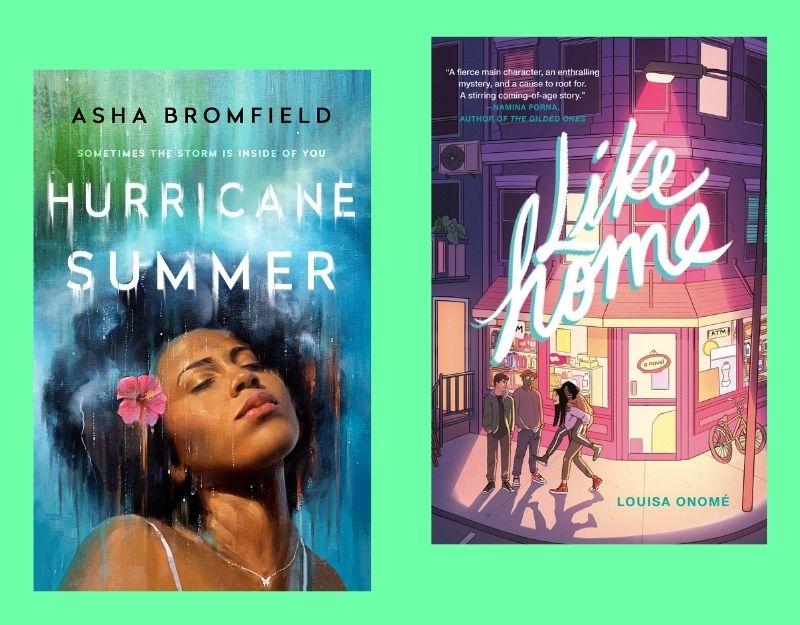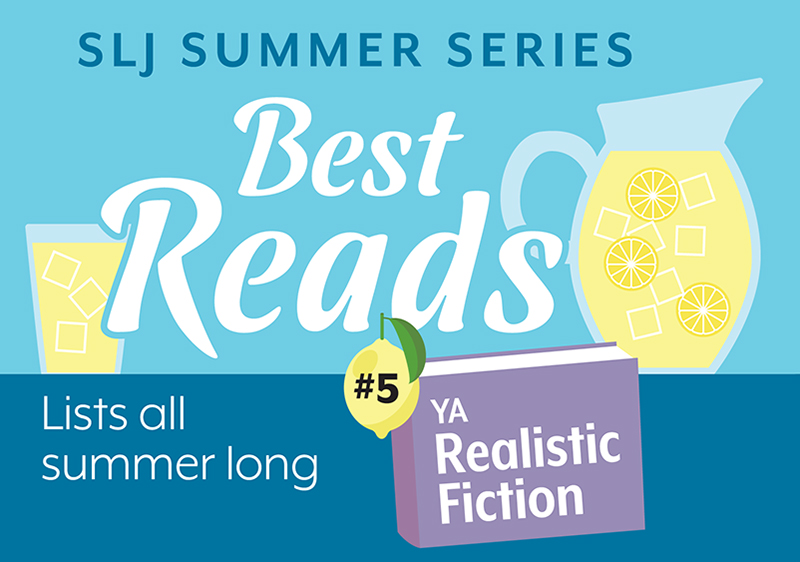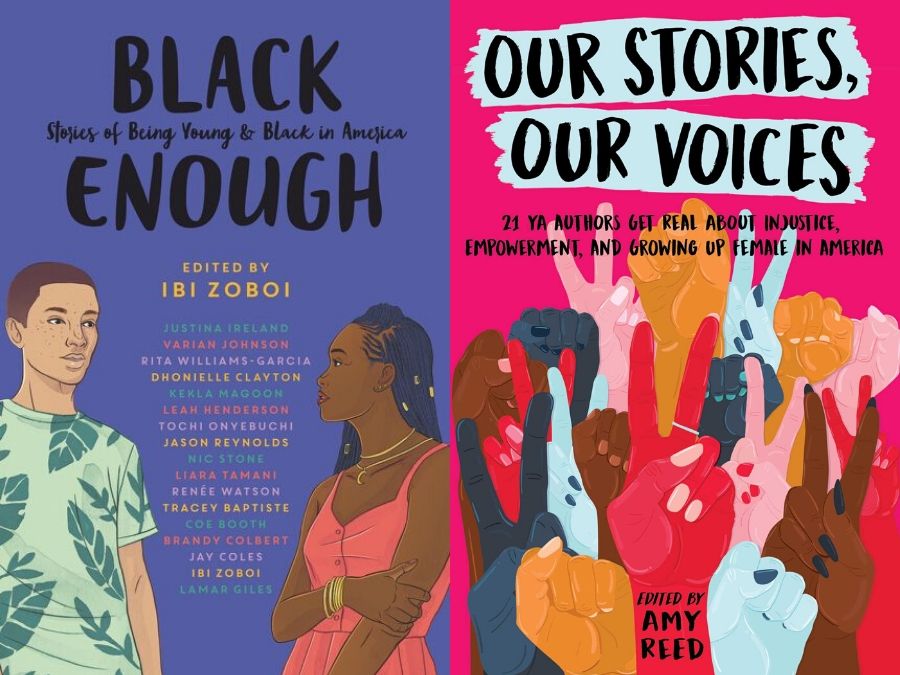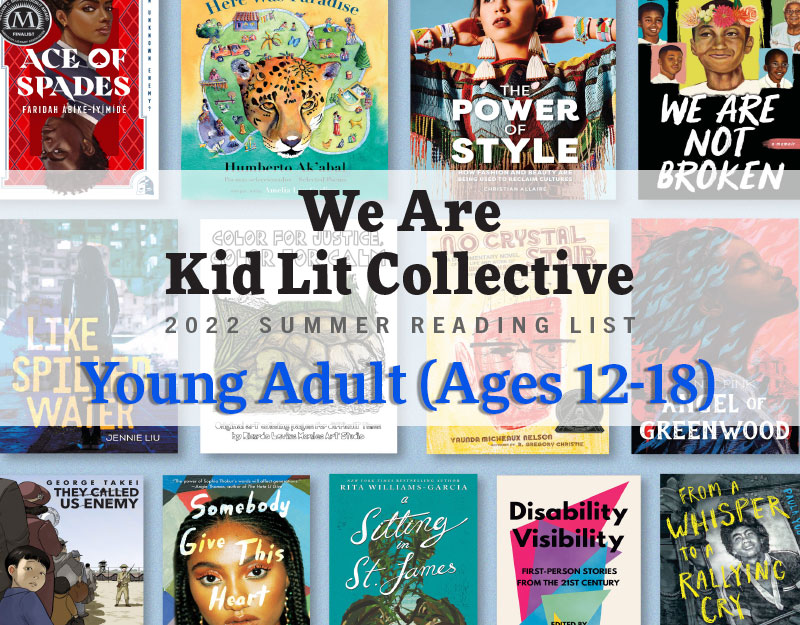Writing About Suicide While Suicidal, a guest post by Lizzy Mason
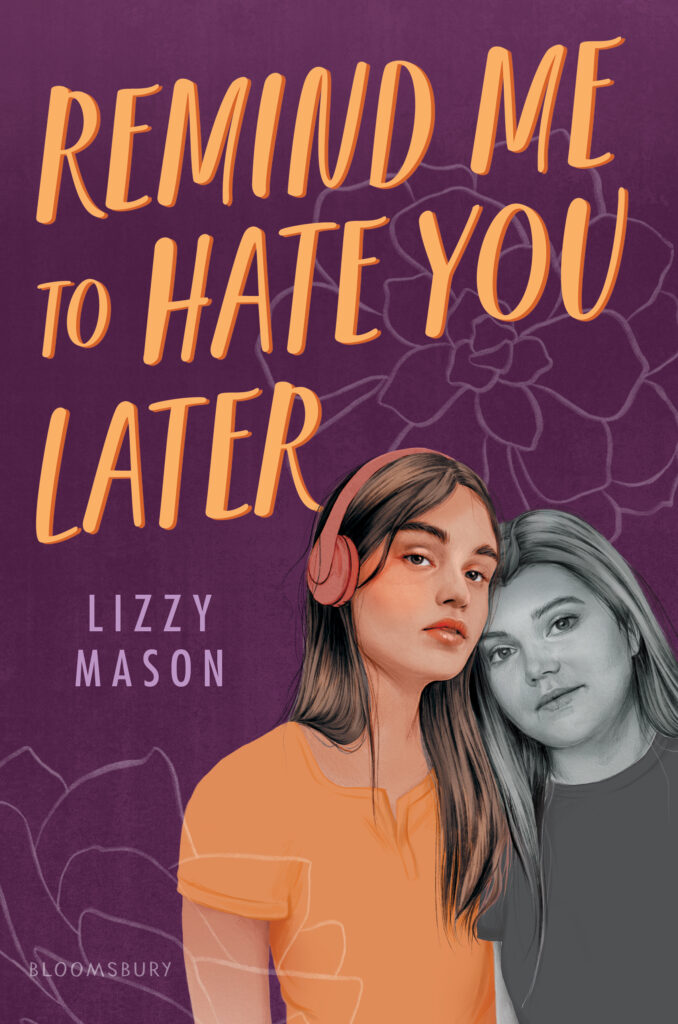
*Content warning: This post talks about suicide, suicidal ideation, and spousal loss.
When I get asked why I don’t write happier books, I usually give one of several answers:
“Because the main thing I remember about being a teenager was feeling miserable.”
“Because life isn’t happy a lot of the time.”
“Because books need stakes and obstacles for characters to overcome.”
That last reason is only partly true: characters do need stakes in order to make a story interesting. But my books are about mental health, so my characters aren’t ever going to “overcome” their obstacles.
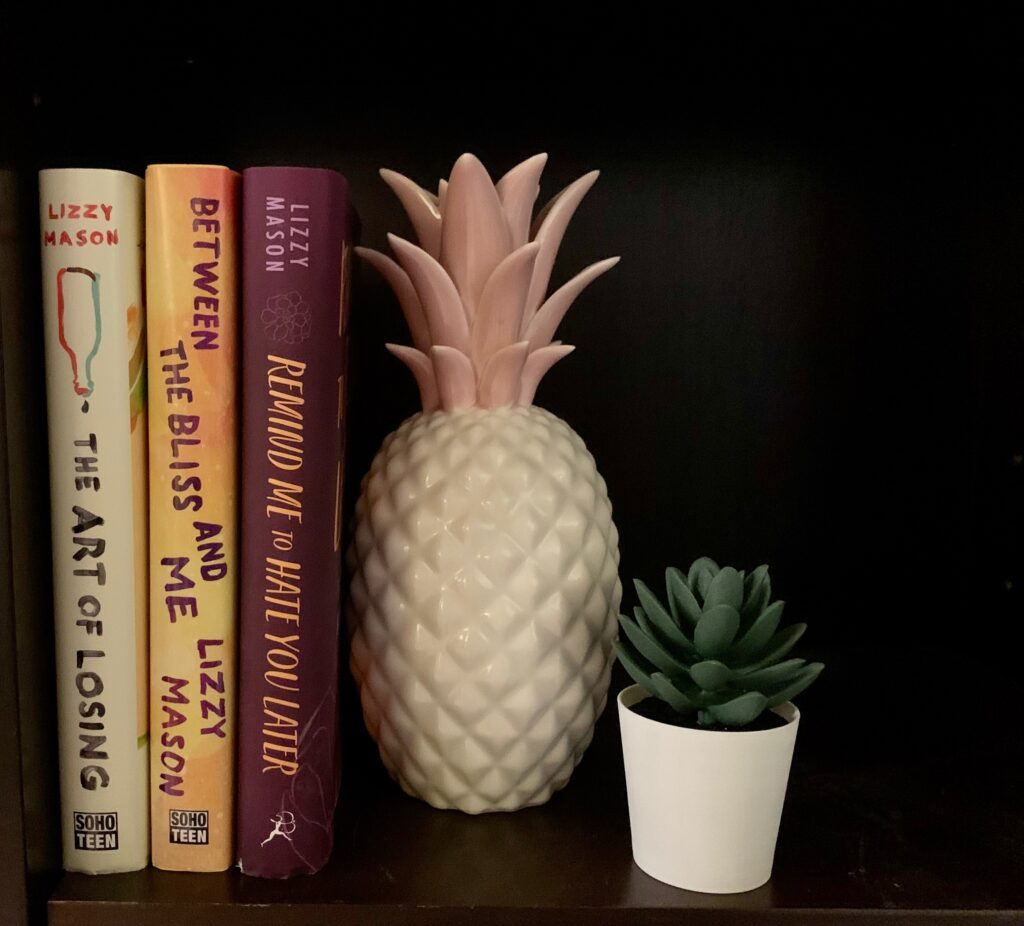
Depression isn’t something you just get past eventually. Anxiety isn’t going to be overcome by the resolution of one specific issue. Suicidal ideations might fade, but suicide will likely remain a thought in the back of someone’s mind.
ADVERTISEMENT
ADVERTISEMENT
I have major depression disorder and the people who love me always want me to promise them that I won’t kill myself. I can’t make that promise. I will never make that promise. Partly because mental health requires regular maintenance. Just because I’m okay today doesn’t mean that I will be next month or next week. But I also don’t ever want anyone to feel reassured that I’m safe and they can stop checking in on me.
I am not safe.
But the more suicide and mental health are discussed openly, the safer I become. Because the people who love me learn to recognize the warning signs. Because I don’t feel as scared to talk about it publicly. Because others talk about it too and I know that I’m not alone.
It’s important that books show these struggles, especially for young adults. I want teens to know that they are also not alone. I write about difficult subjects so that if it happens to them, they’ve at least read about one person’s experience of dealing with it. Maybe the shock is lessened just the tiniest bit. Maybe they’ll remember how a character dealt when they can’t figure out what to do. Maybe they’ll just feel less alone.
Because when you’re navigating those moments, it feels impossible that you’ll ever get to the other side.
I’ve been through some very dark times, but none darker than 2019-2020.
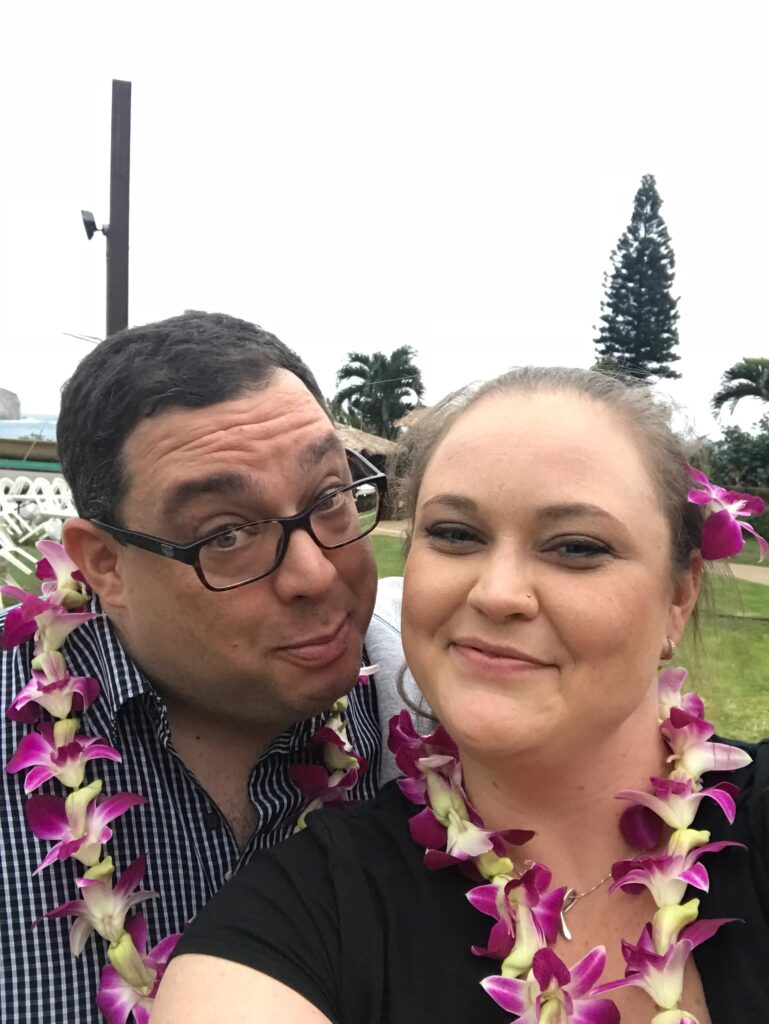
In February 2019, my debut YA novel The Art of Losing was released—a dream I’d been working toward for ten years. In April, my husband Karl and I packed up and left New York for a new life in Salem, MA. One month later, I came home from work and found him on the floor, semi-conscious. He’d had a serious cardiac event—an aortic dissection—and required immediate open-heart surgery.
The Art of Losing begins in a hospital waiting room while the main character Harley’s sister is undergoing emergency surgery. Afterward, Harley spends long days and nights at her sister’s bedside, waiting for her to be awakened from a medically-induced coma.
Following a successful surgery, Karl experienced a series of unexpected setbacks that kept him sedated in the ICU for ten days. I got a lot of things right about that long, hopeful, painful wait. And as I sat in the ICU, I had a weird sense of déjà vu. I was reacting in the same way that Harley did. I felt as if I’d been through this already. My own book somehow helped me cope with the uncertainties of Karl’s surgery and recovery. I wasn’t prepared for so many of the things that happened, but I felt like I had a roadmap to get through it. And then I built my own story on that map.

Unfortunately, though, Karl did not survive. He died a year later of a heart attack in May 2020 at the age of forty-four.
The next few months were the hardest I’ve ever experienced.
People kept telling me to write about Karl, but I didn’t have the words yet. I couldn’t tell our story. I couldn’t even get off the floor.
But I did have a lot to say about wanting to die and about grief. So over the next year, I wrote two stories in one novel: One about a girl who struggles to get through the days and ultimately takes her life, and one about a girl dealing with the suicide of her best friend.
And as I wrote Remind Me to Hate You Later in the midst of my grief, I drew a new map. I wrote about what would make someone get to that point where they feel that suicide is their only option, but I also wrote about the pain of losing someone to suicide and the guilt and anger the surviving friends and family feel.
I know that I will always struggle with suicidal thoughts. Even after writing this novel. Even though I talk about my mental health regularly. Even with the support of my friends, family, therapist, and psychiatrist. But I’ve experienced the other side of it now, and it makes it a lot harder to be willing to put my own family and friends through that.
Sometimes a story can prepare you for when that unexpected experience does happen. And sometimes it can even prevent the worst from happening at all. So I will continue to write sad books and hope that the readers who need them will find them.
Meet the author

ADVERTISEMENT
ADVERTISEMENT
Lizzy Mason grew up in northern Virginia before moving to New York City for college and a career in publishing. Now back in Virginia with her two cats, when not reading or writing, Lizzy loves to travel. She has visited forty-four states and eleven countries so far. You can find her at www.lizzymasonbooks.com
About Remind Me To Hate You Later
A story about the pressures of social media, the lengths influencers will go to for fame, and the grief of losing a loved one to suicide, perfect for fans of Jandy Nelson and Gayle Forman.
Seventeen-year-old Jules grew up in her mother’s spotlight. A “parenting influencer,” Britt shares details of her daughter’s life-pictures, intimate stories, insecurities, all-to a point that becomes unbearable to Jules.
And suddenly she’s gone.
Natalie has only barely begun to grieve her best friend Jules’s death when Britt announces her plans to publish a memoir that will dissect Jules’s life and death. But Nat knows the truth behind Britt’s “perfect” Instagram feed-Jules hated the pressure, the inauthenticity, the persona. There’s so much more to Jules than Britt and her followers could ever know. As Nat connects with Jules’s boyfriend, Carter, and their shared grief and guilt bonds them, she becomes determined to expose Britt, to understand what really happened, and who is to blame.
In a world that feels distorted by celebrity and the manipulations of social media and public opinion, Natalie and Carter need something real to hold onto. Remind Me to Hate You Later is a moving account of grief, depression, complex relationships, love, and the search for truth.
ISBN-13: 9781547609185
Publisher: Bloomsbury USA
Publication date: 02/28/2023
Age Range: 14 – 17 Years
Filed under: Guest Post
About Amanda MacGregor
Amanda MacGregor works in an elementary library, loves dogs, and can be found on Twitter @CiteSomething.
ADVERTISEMENT
ADVERTISEMENT
SLJ Blog Network
One Star Review, Guess Who? (#211)
Cover Reveal and Q&A: Dusti Bowling’s Latest – The Beat I Drum (Apr 2025)
Girlmode | Review
The Seven Bills That Will Safeguard the Future of School Librarianship
Gayle Forman Visits The Yarn!
ADVERTISEMENT



